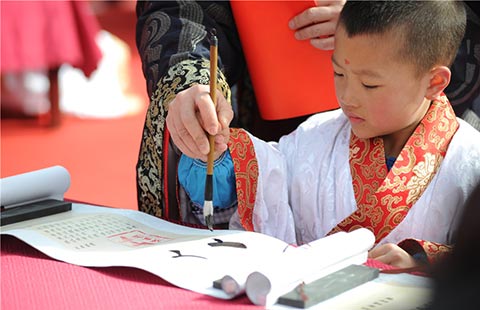New look at an Arab hero
By Andrew Moody ( China Daily ) Updated: 2016-02-24 07:31:47
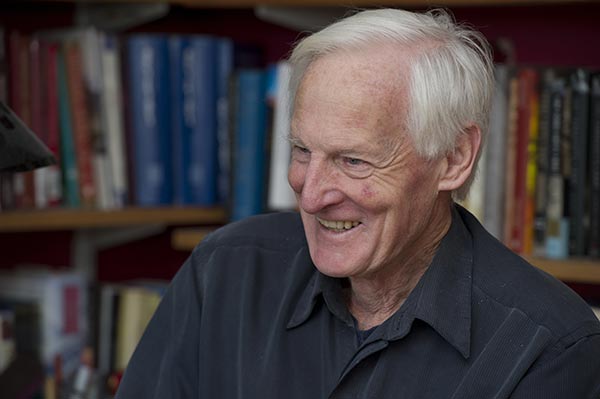 |
|
John Man, a well-known writer on China, talks about his latest book, Saladin: The Life, The Legend and the Islamic Empire, which will be published in April. [Photo by Nick J.B. Moore/China Daily] |
Man coincidentally lives barely a mile from Frances Wood, the now retired curator of the Chinese collection at the British Library, who wrote a book claiming that Italian explorer Marco Polo did not go to China, evidenced by him not mentioning chopsticks among other things. Not a view that Man shares in his 2009 book Xanadu: Marco Polo and Europe's Discovery of the East.
"Yes, I have had lunch with her many times," he says laughing. "He (Marco Polo) doesn't mention tea either or the Great Wall. The reason was that Mongolia was ruling China at the time and so these things didn't feature. There are one or two things he exaggerates but he did go to China, for sure."
Man, who was awarded the rare honor of a Friendship Medal by the Mongolian government in 2007, has made many trips to Mongolia but has never fallen in love with the local food.
"If there is a genuine Mongolian restaurant anywhere, I want to avoid it. I love Chinese though," he says.
Man believes his latest book as well as his work on Mongolia and China, will renew interest in the Silk Road trading corridor. One of the Chinese government's current core strategies is its Belt and Road Initiative.
"Between China and Islam and what we call the Silk Road, and also around the coasts there was this terrific interaction at the time of Saladin."
Somewhat frustratingly, however, he has struggled to find during his research for the new book any answers to the various current Middle East crises.
"I don't think anybody has a clue as to what a modern-day Saladin could do. There seems to be no reconciliation between Shias and Sunnis. It is rather like the Protestants and Catholics during the religious wars," he says.
Related:
To Kill a Mockingbird author Harper Lee dies at 89
|
|
|
|
|
|
|
|
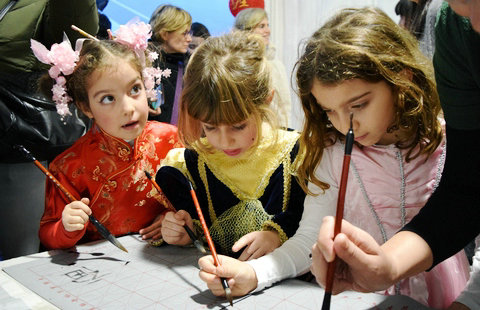


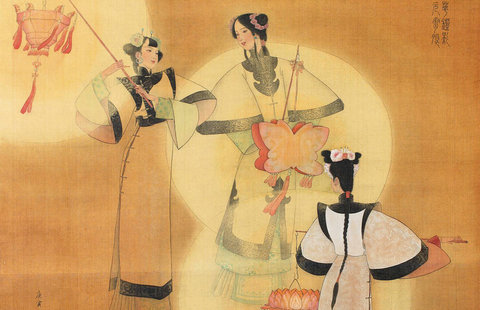

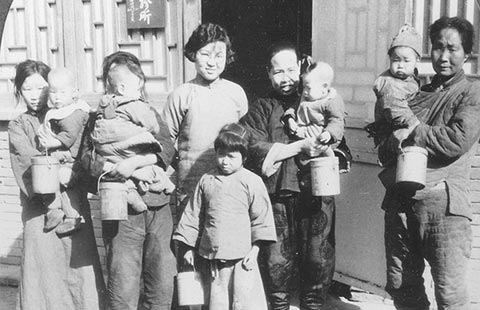

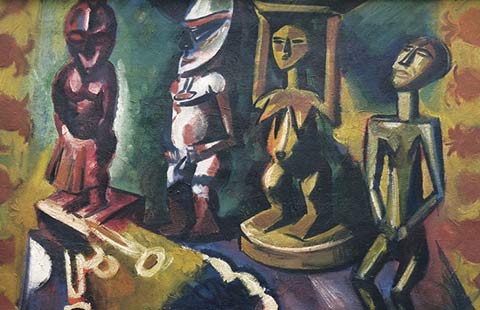






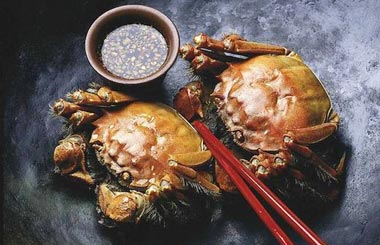



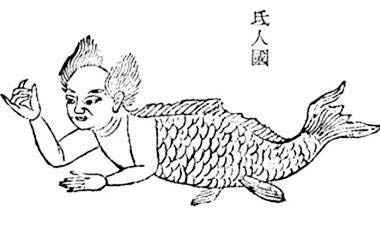



 Raymond Zhou:
Raymond Zhou: Pauline D Loh:
Pauline D Loh: Hot Pot
Hot Pot Eco China
Eco China China Dream
China Dream China Face
China Face

